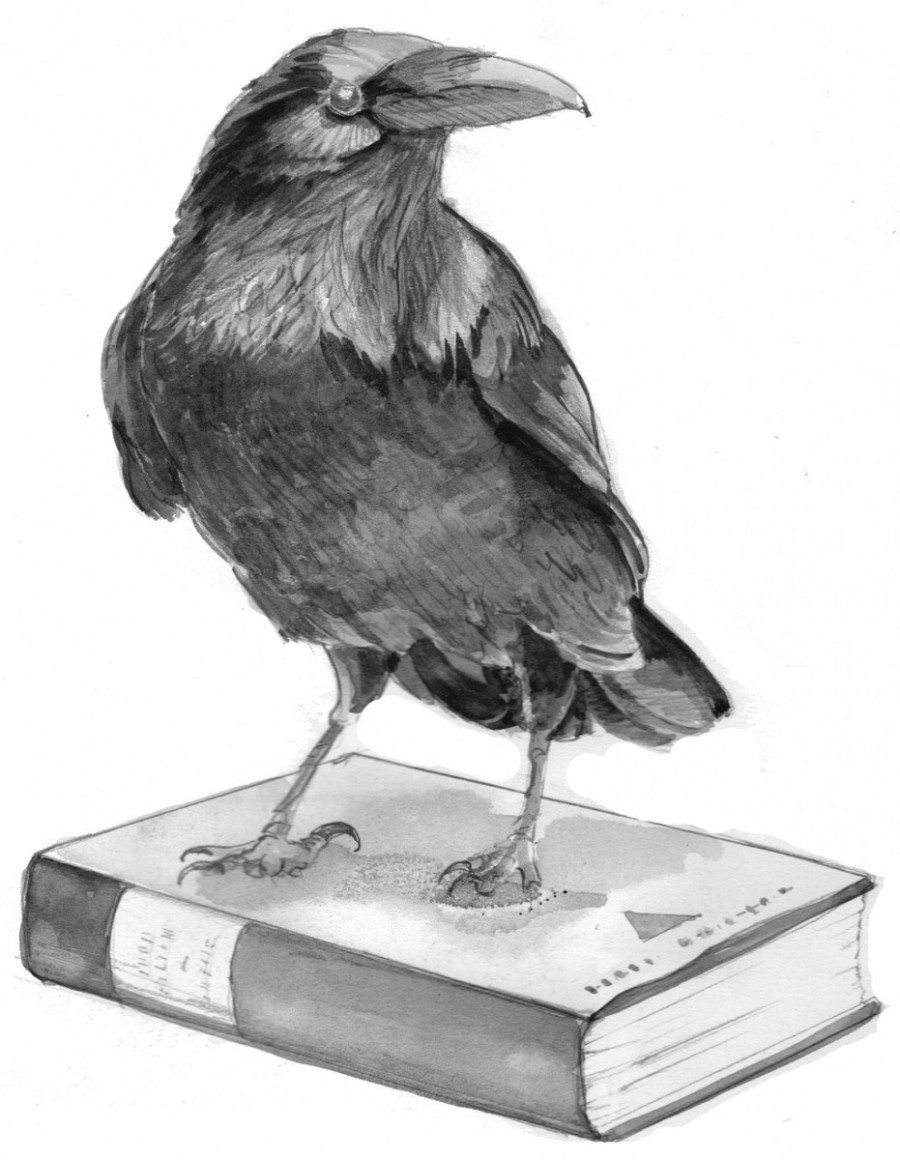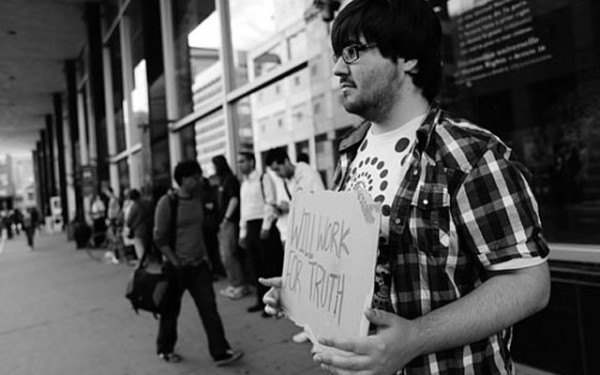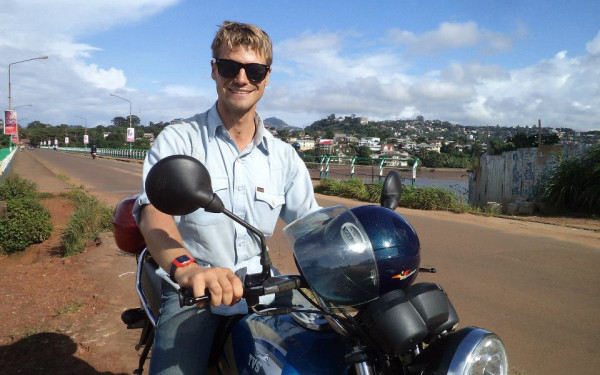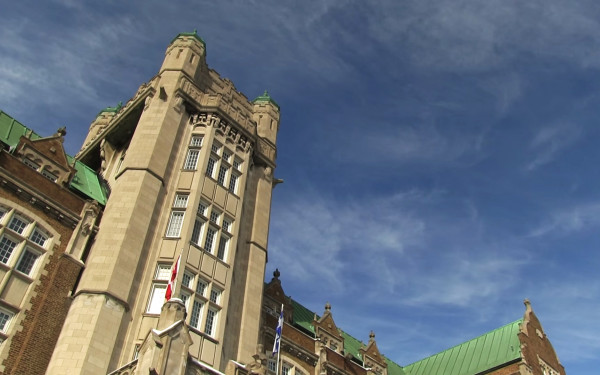No objectivity in war reporting
Where does censorship start? Does it begin with the government cracking down on what’s allowed to be reported on? At the editor or publisher’s desk? Or does it begin and end with the journalists themselves?
Carolin Emcke, political theorist and journalist for German current-affairs magazine Die Zeit, believes that there’s no straight answer. Emcke will be sitting on Blue Metropolis’ Writers in Peril: Censorship panel, hosted by reporter Dennis Trudeau.
Emcke has experienced various kinds of government censorship while reporting on war crimes in Iraq, Lebanon and Pakistan. But self-censorship, she said, is most common.
“The American way of inviting journalists to be embedded [within a military unit] is an extremely intelligent form of censorship,” said Emcke. “It’s extremely difficult to write critically about the people who are also in charge of protecting your life.”
In 2003, though not embedded, Emcke found herself inside a fighting unit in northern Iraq.
“While lying with a group of people under attack, I realized that I actually wanted my soldiers to kill the soldiers on the other side because that meant that they wouldn’t kill me,” she recalled. “It’s just the natural thing to do in
a moment of existential threat. You rather want your people to win than the other side.”
Emcke considers it vitally important for journalists to provide voices for the voiceless, and is a fierce critic of what passes for objectivity in today’s media.
“I’m definitely an advocate of human rights,” she said. “I think what I will defend and what I’ll never be neutral about is the Geneva conventions, international standards of law and human rights. Whoever undermines these I will criticize—whether that’s members of my country or another country, I don’t really care.”
From her experiences talking to Iraqi civilians and victims of the earthquake in Haiti, Emcke has learned that the marginalized simply want their voices to be heard—even if they don’t believe one journalist’s story can make a difference in their lives.
“People beg you to tell their stories,” she said. “They have experienced such long-term structural exclusion that the sheer fact that someone sits down with them, listens, and says, ‘what you’ve experienced is wrong,’ that already makes a huge difference to them.”
Her attempts to provide an accurate account of the horrors of war were summarized in her 2007 book Echoes of Violence: Letters from a War Reporter.
It consists of letters she sent to her friends while on assignment, some of whom urged her to publish them as a book.
“I think what you see and experience is just overwhelmingly upsetting and you don’t come to terms with it,” she said.
Despite the strain of war reporting, Emcke feels she has learned much from the “incredibly hospitable and generous” nature of people she has encountered in the field.
“[As a reporter] you feel honoured by many of the conversations and encounters with normal people that you have. That doesn’t stop the other experiences from haunting you, but I think it’s a force for joy.”
The Writers in Peril: Censorship panel will take place on April 23 at 6:30 p.m., at Verrière AB at the Delta Centre-Ville (777 University St.). Admission is $10.
This article originally appeared in Volume 30, Issue 30, published April 13, 2010.






